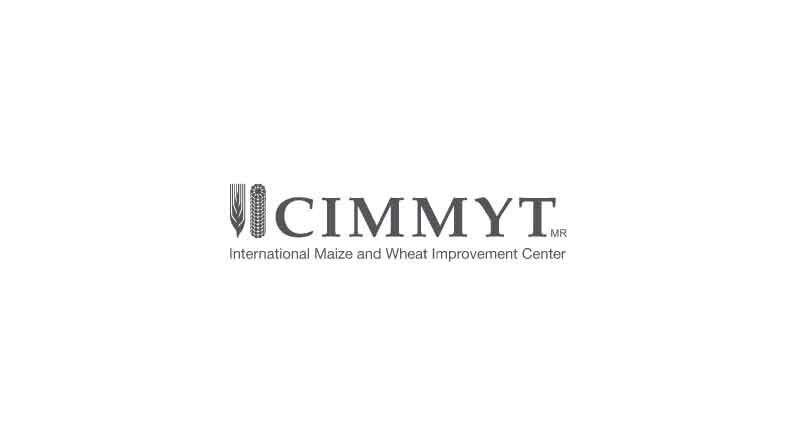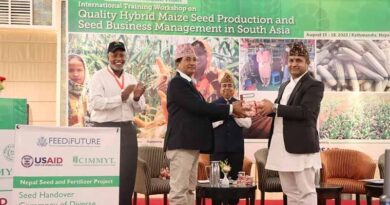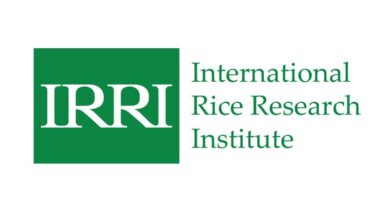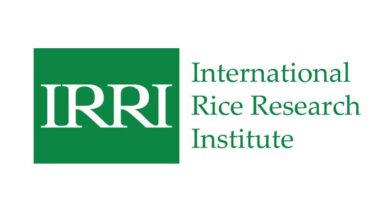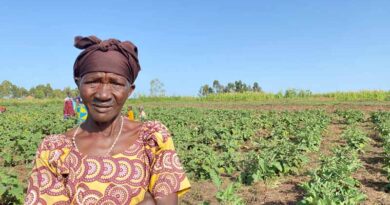Cereal seed value chains in Nepal
13 July 2022, Nepal: Cereals cover around 80% of Nepal’s cultivated land area, with a low level of productivity. The country’s commercial cereal seed sector development has been rather slow as more than 83% of seed comes from the informal system. The formal sector cannot produce adequate seeds to meet the farmers’ needs. Moreover, the formal market is largely driven by public seed varieties. To catalyze the sector’s development and enhance productivity, building a well-performing seed system that produces and timely supplies quality seeds at affordable rates to farmers is integral.
The adoption of a federal system of governance since 2018, creating new structures within the system, along with the after-effects of COVID-19 has impacted the public sector seed production and distribution with implications on private seed business. A recent assessment conducted by the International Maize and Wheat Improvement Center (CIMMYT) examines the current functions in the cereal value chain in Nepal and identifies upgrading strategies to bring efficiency and competitiveness in the cereal seed market systems, specifically for rice and maize.
The study provides a detailed analysis of the market size and trends for the various hybrid and open-pollinated varieties of rice and maize seeds as well as their production, distribution and margins in seed business.
A majority of rice and maize seeds, especially high-yielding hybrids, sold to farmers are brought in by importers and wholesalers who directly sells them to farmers or indirectly through agro-dealers. Nepali hybrid varieties are lagging because farmers, grain producers and millers have low awareness and information on new and improved varieties produced by local seed companies and cooperatives. A significant supply gap of rice and maize seeds was found in all the seven provinces of Nepal.
The study reviews the nature of inter-business relations in the seed value chain and provision of services by the government, NGOs and others for the development of the cereal seed value chain. In the context of federalism, the study assesses the seed policies and actions under the Revised Seed Act (2020) to establish provincial seed systems. Considering migration-induced feminization of agriculture in Nepal, the study identifies approaches to promote inclusive seed systems and youth engagement in seed value chains. Strategic measures to build a resilient seed system that can respond to abrupt market and mobility disruptions, as caused by the COVID-19 pandemic, is also taken into account. However, it also details out the various challenges and risks encountered by the value chain actors that hinders seed business and the sector’s growth overall.
Some of the strategies to address these bottlenecks include strengthening value chain functions in research and development, hybrid seed production, seed processing and innovative approaches for market promotion and sales. Creating an enabling environment for seed companies in areas of variety testing and release, quality assurance in seed production and commercialization, financial and business management services, seed extension services and promotion of new domestic varieties are also fundamental propositions to achieve Nepal’s National Seed Vision (2013-2025) targets.
Also Read: Andhra Pradesh to be included under PMFBY crop insurance scheme

